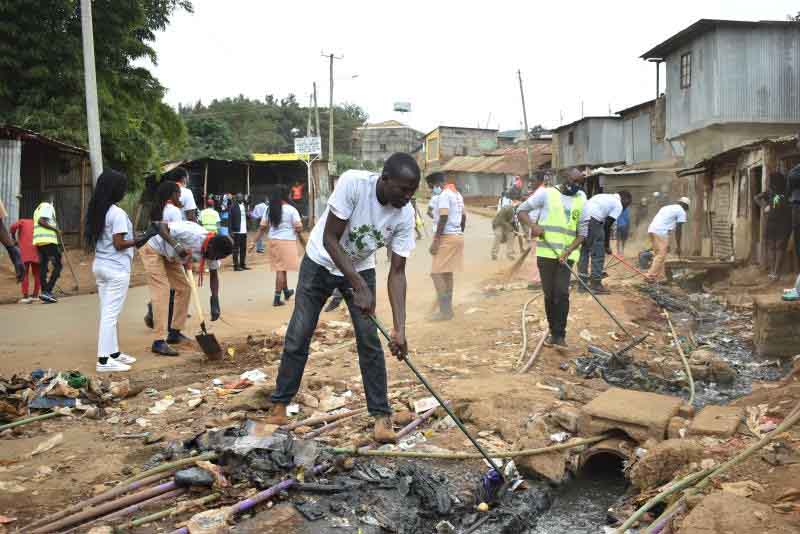×
The Standard e-Paper
Kenya’s Boldest Voice

Yesterday was the World Environment Day.
This day was declared by the United Nations General Assembly in June, 1972. The first celebration had the theme “Only one Earth.” Since then, the day has been celebrated yearly with different themes based on problems facing Mother Nature, for example plastic pollution, illegal wildlife trade, food security, sea-level rise among others.